Russia’s recognition of Taliban redraws regional map, puts Pakistan in spotlight
With Moscow engaging the Taliban, regional powers like Pakistan may now reassess ties, weighing economic opportunities against security and humanitarian concerns

Asma Kundi
Producer, Islamabad
Asma Kundi is a multimedia broadcast journalist with an experience of almost 15 years. Served national and international media industry as reporter, producer and news editor.
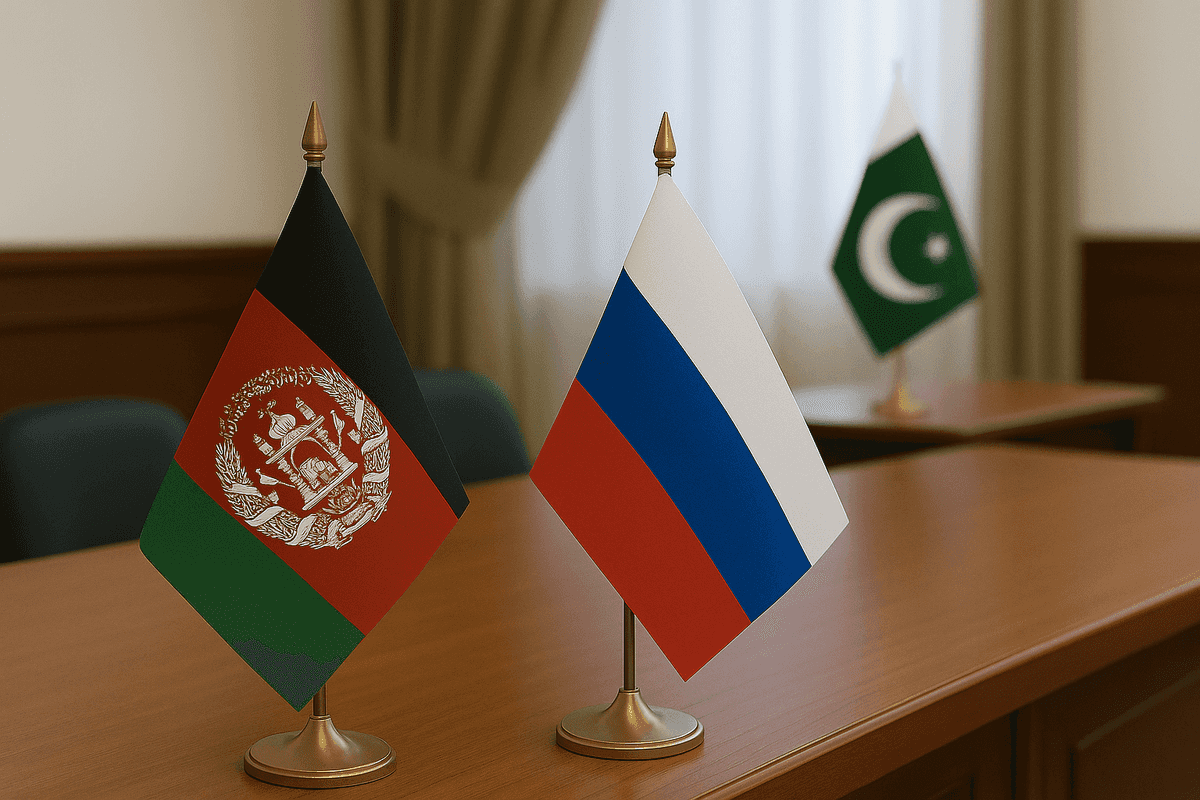
Russia became the first to formally recognize the Taliban government.
Nukta
Russia’s formal recognition of the Taliban government has sent ripples across the region, sparking a quiet but significant realignment in strategies toward Afghanistan.
With Moscow now openly engaging the Taliban, neighboring powers -- including Pakistan -- are reassessing their diplomatic approaches, weighing the prospects of economic cooperation against persistent security and humanitarian concerns.
Just days before the July 4 announcement, special representatives and ambassadors from Pakistan, China, and Russia convened informally in Doha, Qatar, to discuss regional cooperation.
Pakistan, while stopping short of formal recognition, has moved to deepen its engagement by appointing an ambassador to Kabul and participating in trilateral discussions focused on extending the China-Pakistan Economic Corridor (CPEC) into Afghanistan.
Russia breaks diplomatic ice with Taliban
Russia became the first country to formally recognize the Taliban-led Islamic Emirate of Afghanistan, a move celebrated in Kabul but met with measured silence in many regional capitals. Afghan Foreign Minister Amir Khan Muttaqi hailed the move as a “courageous step,” while Moscow framed it as a pathway to stronger partnerships in energy, infrastructure, and regional security.
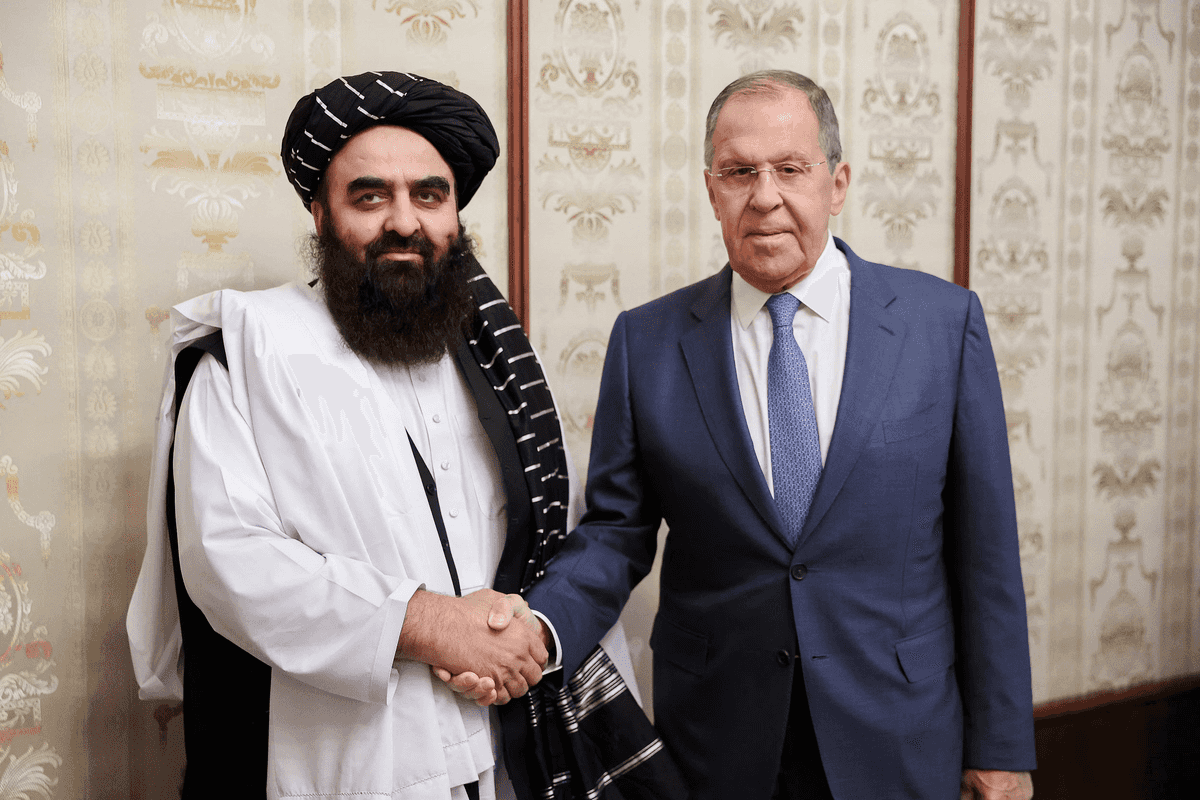
Russia also recently removed the Taliban from its list of terrorist organizations, signaling a long-term policy shift. For Afghanistan’s rulers, the decision represents both symbolic validation and potential lifeline: Moscow has pledged to provide essential goods, including wheat, diesel, and gasoline -- much-needed support for a country facing a 20-30% contraction in its economy since the Taliban took power in 2021.
Pakistan walks a diplomatic tightrope
Pakistan now finds itself navigating a delicate balancing act. Although it has not officially recognized the Taliban, Islamabad has increased diplomatic engagement. In May, it appointed an ambassador to Kabul -- a move seen as a step toward normalization.
A senior official from Pakistan’s Ministry of Foreign Affairs, speaking to Nukta on condition of anonymity, clarified Islamabad’s position:
“Each country makes its own sovereign decisions, and Pakistan has no involvement in Russia’s choice. We have recently appointed an ambassador to Kabul, but as of now, no decision has been taken on formally recognizing the Afghan government. This will be determined by the Government of Pakistan at the appropriate time.”
The official also described the Doha meeting as part of a “routine consultation” focused on humanitarian needs, political developments, and counterterrorism cooperation.
Doha meeting signals regional realignment
The informal Doha meeting, disclosed by Pakistan’s Special Representative for Afghanistan Mohammad Sadiq, brought together senior officials from Pakistan, China, and Russia. According to Sadiq, the dialogue underscored “a shared commitment to enhanced regional cooperation on Afghanistan.”
While informal, the timing of the meeting suggests a coordinated pivot: one that acknowledges the limitations of Western isolation strategies and explores engagement as a more pragmatic path forward.
TTP and border tensions: The elephant in the room
Despite warming ties, unresolved security concerns -- particularly regarding the Tehreek-e-Taliban Pakistan (TTP) -- continue to strain relations. Pakistan has repeatedly called on the Taliban to curb the TTP’s activities, accusing the group of launching cross-border attacks in Khyber Pakhtunkhwa and Balochistan. The Taliban’s reluctance to rein in the TTP has led to mass deportations of Afghan refugees from Pakistan and remains a major sticking point.
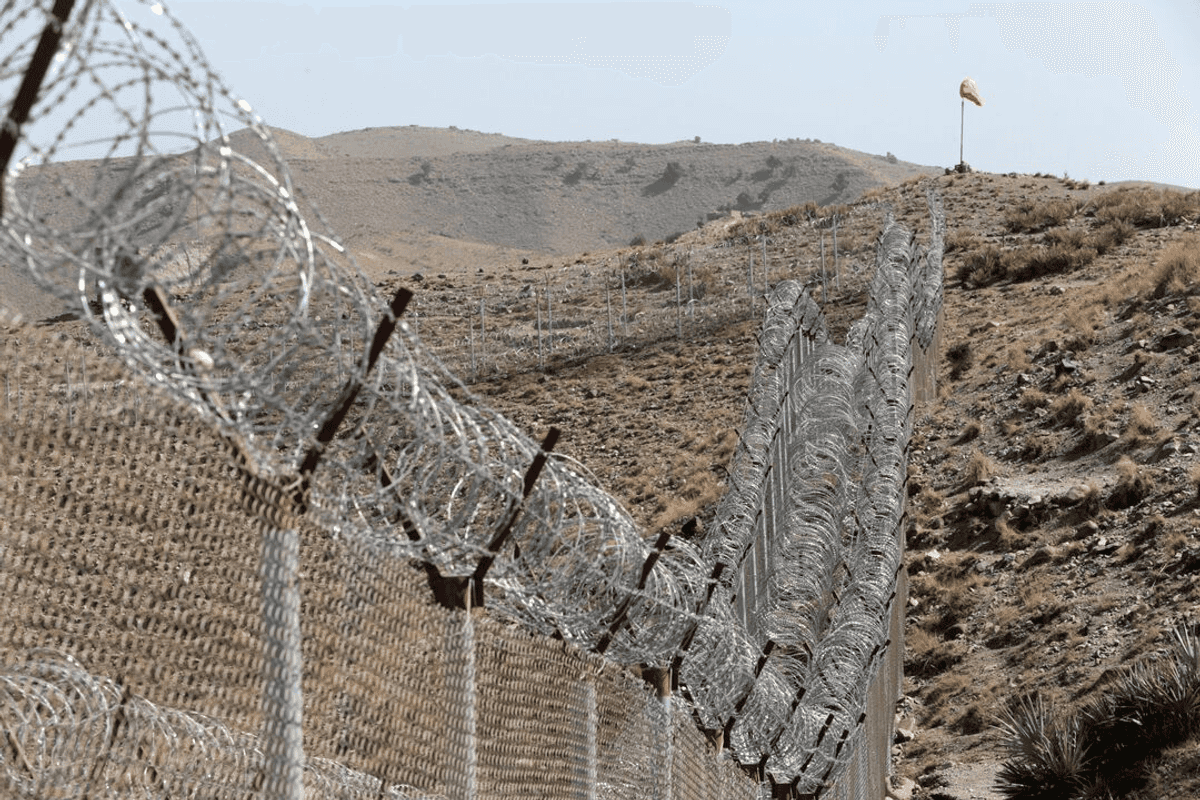
Other neighbors, including Iran and Turkmenistan, have also faced border skirmishes with Taliban forces, adding to the uncertainty surrounding Afghanistan’s external conduct.
The Taliban’s continued repression of women and girls -- restricting education, employment, and mobility -- remains a serious barrier to international legitimacy. While Russia’s recognition made no mention of human rights, many regional and global actors remain wary of endorsing a regime that enforces systemic gender discrimination and excludes large portions of the population from public life.
‘An internal matter’
In its official response, Pakistan’s Foreign Office said Russia’s recognition was “an internal matter” between Moscow and Kabul. A spokesperson confirmed that Pakistan had already upgraded its diplomatic presence in Afghanistan from chargé d’affaires to ambassador level.
“Every country makes decisions in its own national interest,” the spokesperson said. “Russia’s recognition has no direct bearing on Pakistan. However, Pakistan remains committed to maintaining good and friendly relations with Afghanistan.”
Experts say regional integration trumps isolation
Former Senator Mushahid Hussain Syed told Nukta the development could benefit Pakistan, calling Russia’s recognition “a plus.”
“This is a step toward ending the decades-long cycle of war that began in 1979, which not only devastated Afghanistan but also had serious repercussions for Pakistan,” he said. “Pakistan had the honor of hosting the largest refugee population for the longest duration in modern history.”
He added that the growing presence of Russia and China in Afghanistan could help prevent Western powers from re-establishing military bases in the region.
“It’s wiser to integrate the Taliban regime into the region than to attempt to isolate it,” he concluded.
Afghanistan: The missing piece in a regional puzzle
Former Foreign Secretary and President of the Institute of Regional Studies, Johar Saleem, also emphasized the strategic implications of Russia’s move:
“The important thing is that Afghanistan’s engagement with regional countries becomes more benign and mutually beneficial,” he said. “But for that, it would be essential that Afghanistan acts on its promises and commitment not to allow any terror networks to operate from its soil.”
Saleem described Afghanistan as the “crucial missing piece” in the jigsaw puzzle of South and Central Asian integration, stressing that durable peace and a non-terrorism-friendly environment are prerequisites for regional connectivity and economic growth.
A quiet consensus is emerging
While Russia’s move may not immediately trigger a wave of formal recognitions, it marks a turning point. A quiet but growing consensus appears to be forming among regional players: managing the Taliban through engagement may be more effective than isolating them.
In the absence of strong Western leadership on the Afghan file, regional actors are quietly crafting their own framework -- one rooted in connectivity, counterterrorism, and cautious cooperation.


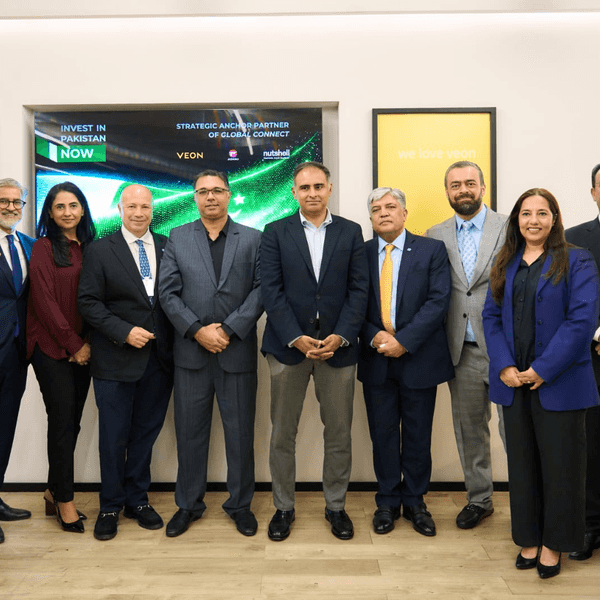
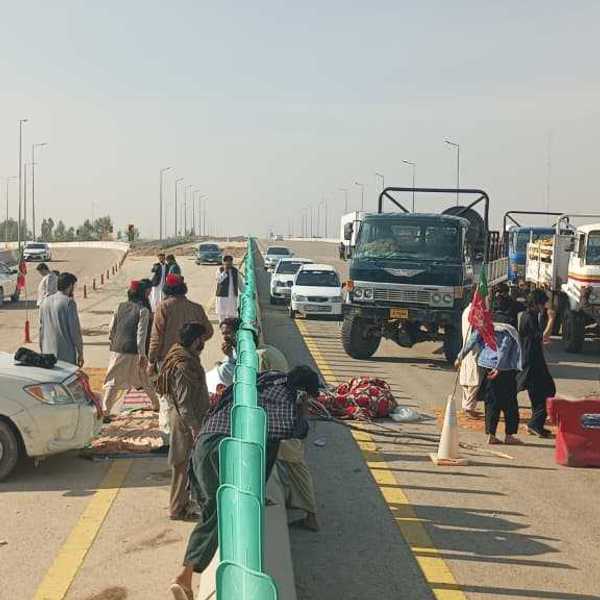
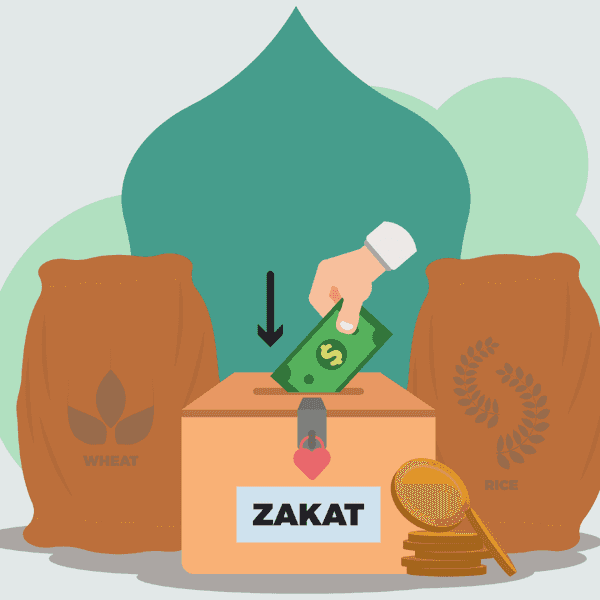
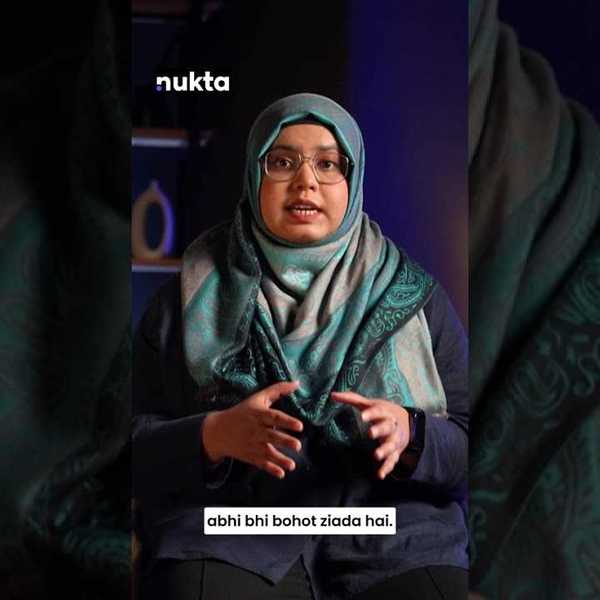

Comments
See what people are discussing